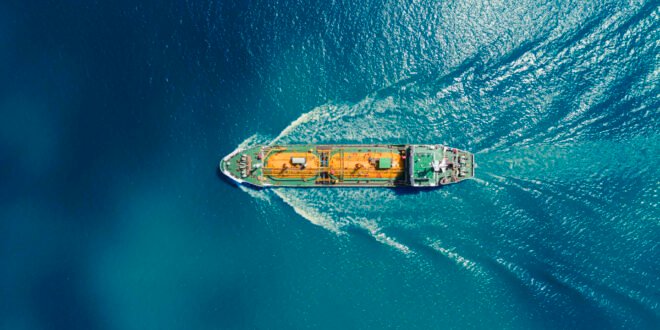Aerial view of a ship at sea.
Suriyapong Thongsawang | Moment | Getty Images
A Greek-flagged oil tanker was left adrift and ablaze in the Red Sea following strikes off the Yemeni coast, Greek and U.K. authorities have indicated.
The U.K. Maritime Trade Operations agency on Wednesday reported that a fire had erupted aboard a tanker, which lost engine power and was no longer “under command.” It came after a gunfire attack from two small boats roughly 77 nautical miles west of Yemeni port Hodeidah, which is under the control of the Houthi militant group. The UKMTO did not name the vessels or the perpetrators of the incident.
Greece’s shipping minister Christos Stylianides later named the vessel as oil tanker Sounion and condemned the attack as a “flagrant violation of the rules of international law and a serious threat to the safety of international navigation,” according to a Google-translated statement.
All 25 crew members of the vessels are safe, the minister added.
The vessel is part of the fleet of Greek operator Delta Tanker, which confirmed the Sounion suffered “minor damage” after being involved in a “hostile incident” in the Red Sea in an emailed statement.
“The crew and vessel are safe and unharmed. The vessel is currently adrift while the crew assess damage before the vessel will continue on its onward journey,” Delta Tankers said.
The vessel had last called at Iraq’s crude-loading Basrah terminal, according to MarineTraffic data.
No group has claimed responsibility for Wednesday’s attack so far, although the Houthi faction has carried out swathes of similar strikes against commercial ships, citing solidarity with the Palestinian cause amid Israel’s ongoing military campaign in the Gaza Strip.
The Yemeni group previously claimed only to be directly targeting ships owned by, or linked to, Israel, the U.S. or the U.K., but has repeatedly attacked vessels that were not connected to these nations.
The Houthi offensives — which have so far caused at least two ships to sink — have disrupted a critical trade route linking Europe and Asia-Pacific, with several vessels opting for a lengthier Cape Horn route that can add up to 14 sailing days to the journey.
The disruptions have not led to the suspension of westbound shipments from the oil-rich Middle Eastern region, nor caused a long-lasting premium on oil futures prices.
 Info Malang Raya Its All About World News
Info Malang Raya Its All About World News




